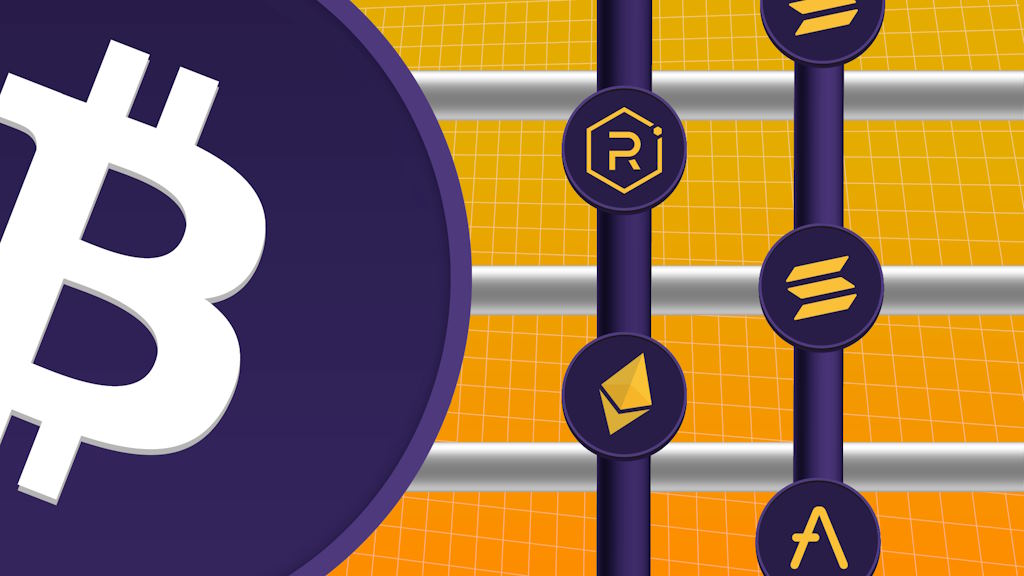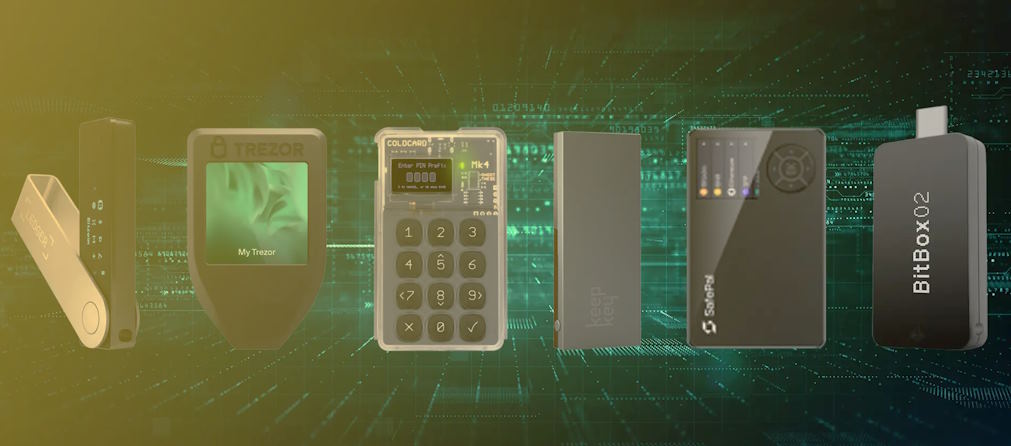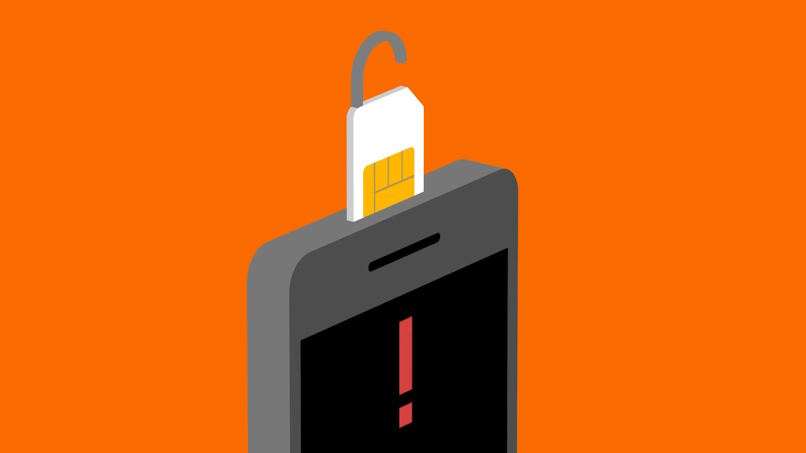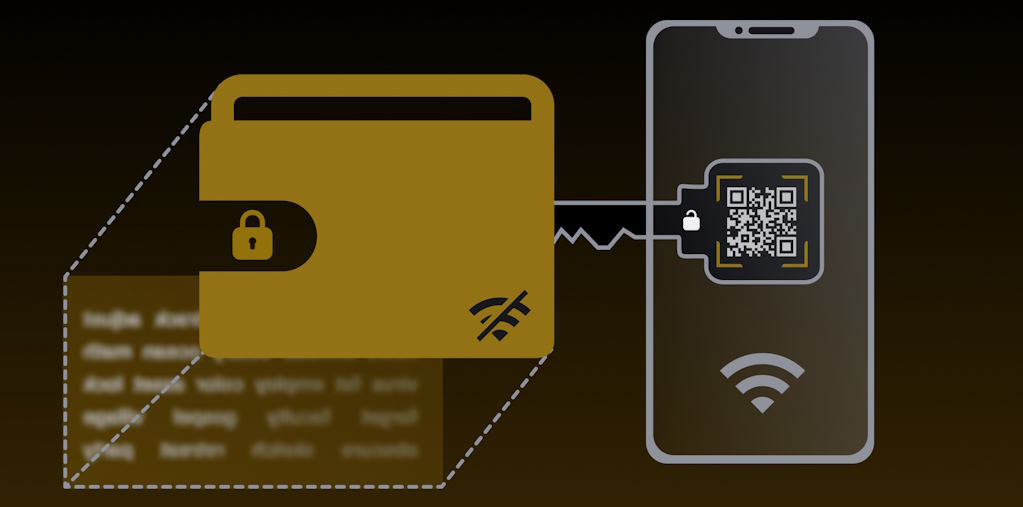In an era marked by the digital revolution, blockchain technology has emerged as a revolutionary force, promising unprecedented levels of security and transparency. As the backbone of cryptocurrencies like Bitcoin and Ethereum, blockchain has transcended its initial use case to find applications in various industries, from finance and healthcare to supply chain management. However, amid the widespread enthusiasm surrounding the decentralized ledger system, there exists a landscape rife with misconceptions about its security. Read More
Cryptocurrency ownership brings unprecedented financial autonomy, but it also demands a heightened sense of responsibility in securing your digital assets. With the increasing sophistication of cyber threats and the potential for hardware failures, having a robust backup plan is not just a precautionary measure; it is a strategic necessity. Read More
In the ever-expanding universe of blockchain and digital currencies, the term “cold wallet” has emerged as a stalwart guardian of financial sovereignty. Cold wallets, designed to store cryptographic keys offline, provide a robust defense against the relentless onslaught of cyber threats targeting the burgeoning cryptocurrency ecosystem. As we navigate through the annals of cold wallet evolution, it becomes evident that these technologies are not mere repositories for private keys; rather, they are a manifestation of an industry’s resilience against adversarial forces. Read More
As blockchain technology continues to revolutionize industries with its decentralized and secure nature, a looming threat emerges on the horizon in the form of quantum computing. Quantum computing, with its ability to process complex calculations at unprecedented speeds, poses a formidable challenge to the cryptographic foundations that underpin blockchain security. Read More
In an increasingly digital world where the use of cryptocurrencies is becoming more prevalent, the threat of SIM-swapping attacks has emerged as a formidable challenge for individuals seeking to secure their digital assets. SIM-swapping, a malicious technique employed by cybercriminals, allows unauthorized access to personal information, including cryptocurrency holdings. As the value of digital currencies rises, so does the attractiveness of these assets to hackers, making it imperative for users to be well-versed in safeguarding measures. Read More
Cryptocurrency enthusiasts often face the dilemma of choosing between the convenience of accessibility and the security of their digital assets. At the heart of this decision lies the fundamental distinction between hot wallets and cold wallets. While hot wallets provide quick access to funds and seamless transactions, their susceptibility to online threats and hacking incidents poses a significant challenge. Read More
Among the various methods employed to safeguard these assets, cold wallets, designed for offline storage, have gained popularity for their robust protection against online threats. However, as users seek convenient access to their cold wallets, a new set of challenges arises. Read More
The advent of public blockchains has ushered in a new era of decentralization, transparency, and security. However, as these distributed ledgers gain widespread adoption, concerns regarding user privacy have taken center stage. Read More
In the dynamic landscape of blockchain technology and cryptocurrency, Initial Coin Offerings (ICOs) and token sales have emerged as innovative fundraising mechanisms for blockchain projects. While these fundraising methods offer exciting opportunities for both investors and project developers, the surge in popularity has unfortunately given rise to a concerning trend – the proliferation of fake ICOs and fraudulent token sales. As the decentralized nature of the industry allows for greater autonomy, it also opens the door to bad actors seeking to take advantage of unsuspecting investors. Read More
As the digital economy continues to thrive, the need for secure storage solutions becomes paramount, especially when considering the intricate nature of passing on these decentralized assets to future generations. In this dynamic environment, cold wallets emerge as pivotal instruments in ensuring the safety and accessibility of cryptocurrency holdings. Read More



















































